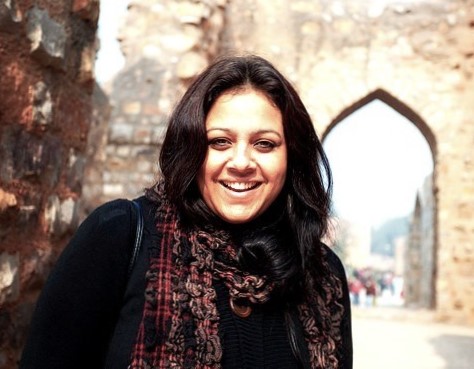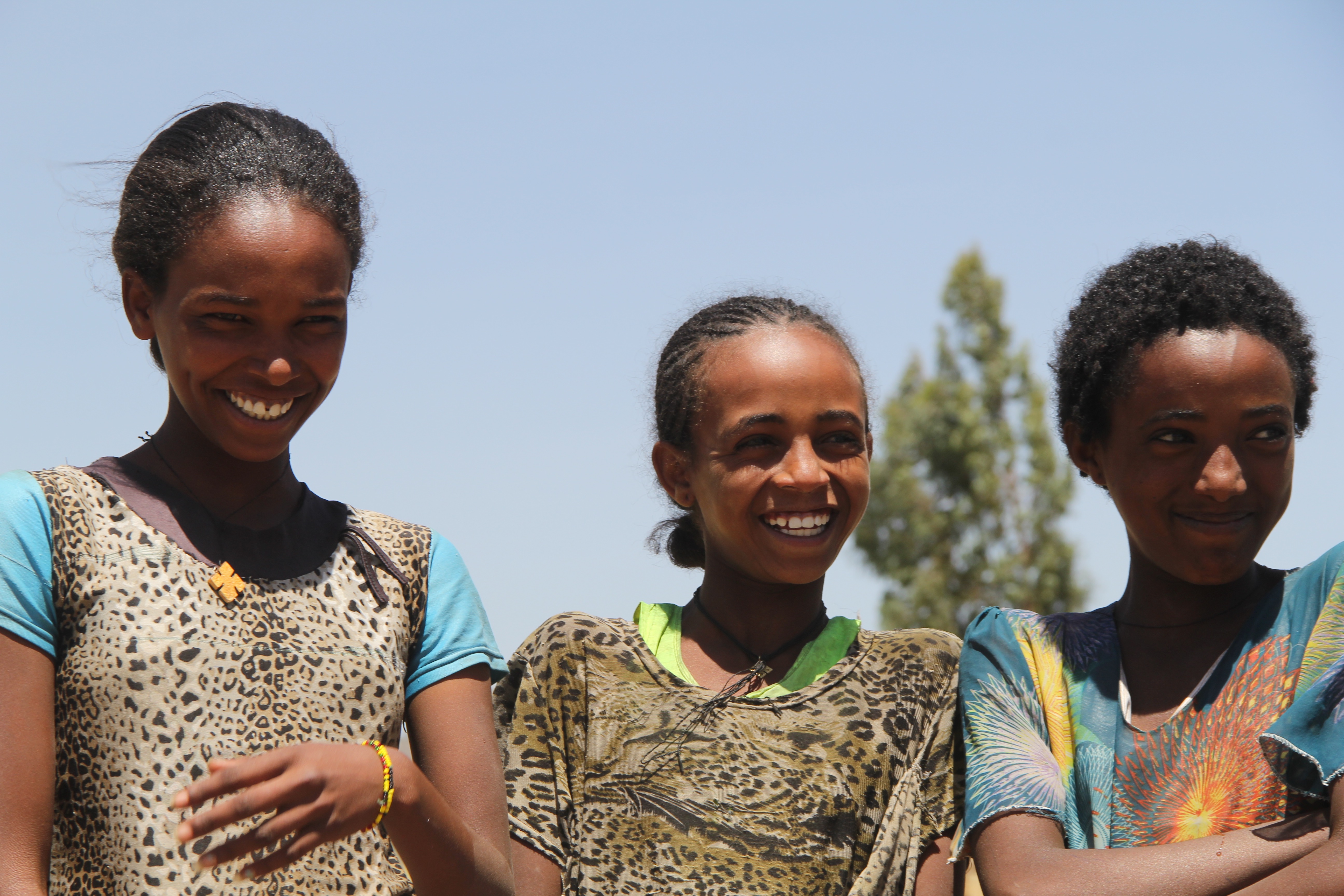SEATTLE — While working in East Africa, Mera McGrew quickly learned that a simple act like washing hands with soap could prevent child mortality. Her initiative, Soapply, addresses the serious issue of clean water, sanitation, and hygiene across the globe.
With each purchase, the company funds up to $10 worth of impact through water, sanitation and hygiene initiatives and aims to leave a lasting positive impact.
Recent research shows that the simple habit of washing hands can help save millions of lives in Africa, and yet it remains one of the most neglected acts across the region. A look at the numbers is even more startling.
More than 3.5 million children under the age of five die from diarrhea and acute lower respiratory tract infections every year, and three-quarters of them live in sub-Saharan Africa and South Asia. The more upsetting news is that by adopting clean habits at home, 75 percent of such diseases can be prevented.
With such stats, simple initiatives like Soapply ensure that people understand the importance of using soap and its impacts. Through its business model, Soapply looks at four long-term impacts of handwashing with soap: health and nutrition, education, economics, and equity.
The Borgen Project spoke to Mera McGrew to get deeper insights on her initiative.
The Borgen Project: What motivated you to take on an initiative like Soapply?
Mera McGrew: I first had the idea for Soapply when I was living and working in Africa. I saw the reality of preventable child mortality firsthand and I also saw the difference that sustainable investments in handwashing could have on an individual, community, and region. There was a gap around handwashing and I wanted to fill it, so I moved back to the U.S. with the initial idea for Soapply: sell soap that helps get soap in the hands that need it around the world.
It was only when I came back to the U.S. and learned about the lack of transparency, label requirements and safety testing of soap here that the mission of Soapply expanded. Today, Soapply is proud to sell soap that makes a statement. Soap that is crafted with you and the environment in mind and that helps improve and save lives around the world!
TBP: I understand Soapply’s initial focus is Tigray in Ethiopia. Is there a specific reason for that?
MM: Figuring out where we would focus our impact initially and how it would evolve was something I took very seriously from the very beginning. Over a series of months, we pinpointed the social issue and came up with the theory of change that guides Soapply’s impact. Ensuring that the impact we have on the ground is positive, measurable and lasting is central to everything we do.
Initially, we are focusing our impact efforts in Tigray, the northernmost region of Ethiopia. The rural communities in this region are among those with the most to gain. According to the World Bank, the lack of handwashing with soap is the biggest problem in “least developed countries” and “developing regions.” Rural sub-Saharan Africa and southern Asia are most affected. Every area is unique, with specific challenges, opportunities, and stakeholders to consider, which is why our plans focus on one area at a time.
We pride ourselves on taking an integrated approach within each area to actively engage, identify voids and establish what the best course of action is to tackle the specific challenges and priorities around handwashing within a given community. We believe that empowerment should come in the form of an opportunity, not a single handout. We believe in working with local organizations and investing in the wellbeing and future of individuals living in places like rural Tigray.
TBP: What were the practical challenges faced when you started Soapply?
MM: Educating consumers on the problems Soapply is solving. Here in the U.S., Soapply is selling soap that makes a statement. Like it or not, the soap you put next to your sink, on your hands, and down your drain matters. It has an impact on health, the environment and the world we all share.
Globally, we’re helping improve and save lives. Most people in the U.S. don’t think about washing their hands as a luxury. But the truth is, handwashing is a luxury that is still out of reach for many individuals around the world. And handwashing really does mean so much more than clean hands—it means better health and nutrition and it means more opportunities and equality over time.
With a total population of 99 million, as many as 61 million people in Ethiopia have no access to clean water. The sanitation problem in the region is deteriorating and 65 million still live in conditions that lack access to improved sanitation. Amref Health Africa notes that even though people in Africa tend to wash their hands with water, the use of soap is done by few and meant for “critical moments” like after using the toilet, after cleaning a child and before handling food.
Soapply is looking to change that by making environmentally friendly soap part of the handwashing routine for Ethiopians in Tigray and expanding their presence to other regions in need. Initiatives like these can go a long way towards improving the health and quality of life of millions of people.
– Deena Zaidi
Originally published at www.borgenmagazine.com


